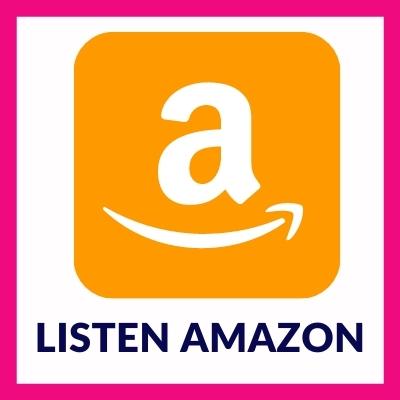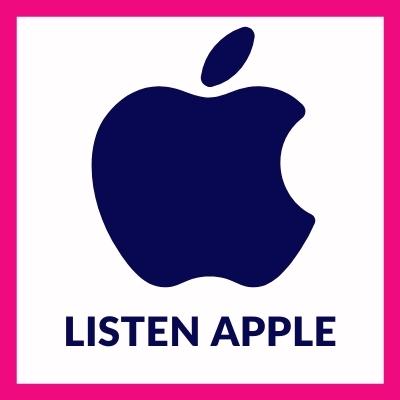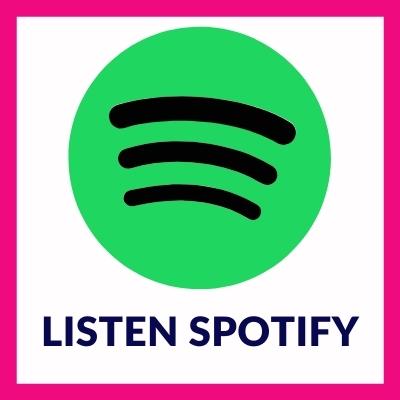David Speed UK Just Keep Learning Summary
Everyone can learn to turn their creative passions into a business. In this episode of Just Keep Learning, David Speed of Creative Rebels UK talks about how to build a creative business, especially if school isn’t for you. Other advice includes how to ignore the haters and become successful in pursuing your passions, starting a podcast, and much more!
Episode Notes
We tackle how to get started with the monetization of your creativity. But we also go deep on the way the education system fails so many of us and talk a lot about how to start a podcast.
We discussed the idea that creative people are often made to feel like outsiders. The right brain, random, creative rebels are people who just want to be free to share their art. But, how do you monetize this? How do you pay the bills and support your family long-term with a creative career?
We discuss the concepts of patience, perseverance and knowing your own big dreams when it comes to building the life you want, instead of what other people tell you to do. David has proved to the world that this can be done and one of his greatest passions is sharing how to do this with youth, teachers, parents and companies to help them do it for themselves.
David talks about how mainstream education was built as a system to fuel factories with workers a hundred years ago. We talk about how important learning is and what the difference is compared to education. Learning is everything.
David also has a pretty wise belief that learning leads to mental health. It seems roundabout, but it’s not. If you’re engaged with lifelong learning, then you will progress in your passions and as you make progress you will feel happiness more often. One of the main things that ran throughout this episode was the concept of how to start a podcast yourself.
Keys To Starting A Podcast
- Our rule was that we only do in person podcasts. But we realized it’s better to be flexible, and use things like Zoom calls to overcome barriers to working with guests. And when you think about it, some of the biggest one’s like Tim Ferris have always been remote.
- Pick a name and go with it, use the best equipment that you currently have and get started, that’s the best way to learn and build at the beginning.
- Don’t listen to the haters, or those that don’t care about the show. They don’t matter. People will judge you for starting a podcast but you don’t want them in your audience anyways.
- When it comes to the information you discuss and share be sure to keep the end user in mind. What do your listeners like to hear and in what format? As you grow to understand your audience your show will evolve and adjust. It’s ok to get creative, but be on topic and on point for them more often than you are not.
- One thing about the type of content you make for your show, and it’s amazing is that podcasts are evergreen. So, that means that as a show grows and more people are exposed to it, they can always go back and find earlier episodes. The key is to build content that you know once you develop a following and subscriber base that you are leaving things they will still love to go listen to.
- When it comes to getting people on your show, potential guests are busy, so I understand them being protective of their time. At the same time, you know, I think it’s totally worth the effort to just try, because if you ask a hundred people, one of them will say yes. It becomes a numbers game.
- To grow your show, don’t go chasing followers. This way you will build an engaged audience that truly cares what you are building. What you should do is plant as many flags as possible. A flag is every piece of content, or networking interaction you have. Touch points with potential supporters and collaborators. Doing this more and more ensures that opportunities and support for your work will flow to you. It’s always worth planting the flag because you never know who will see it.
School Talk
School was not the right fit for David. He made it through, but for a world class artist, he only ever got C’s in his favorite subject of art. In main school he felt like an outsider who didn’t belong. Even in art he was never considered good. In fact, one teacher told him that he needed to find a “realistic” job because painting wasn’t an actual career.
We got to talking about how the ones who are supposed to be lifting us up are also the ones with direct access to tear us down. It’s the people like David, who find something deep inside to keep pursuing their passion. They continue to follow their dream in the face of hater and push on.
We talked about why this might be. Perhaps it was the influence of his father who followed and monetized his trade as a career as well. Or simply the fact that he knew painting would bring him mental health at a minimum.
We also discussed Andria Zafirakou, an art educator who won teacher of the year in 2018 and often buys supplies with her own money so her students can access creative passions like painting and drawing. It’s teachers like this who bring the things that really light a student’s soul on fire into the classroom that make a real difference.
How To Start A Podcast
David reminds us that success in any creative field is dependent on the amount of work and focus we put into it. The only way to get better at podcasting is to create a podcast. Just get started. Don’t slow down to think too long about a name, equipment, or who your guest will be.
When it comes to building a following realize that this will take a three-year plan in many cases. If you work hard for three years, put in consistent effort you simply will be successful.
But one of the most important things to keep in mind is the feelings of the end user. Get feedback on what people like, don’t like and learn how to improve, pivot and get more feedback. The best approach we can make is to implement the design approach to our business and podcast life.
Memorable Quotes
“My advice to people choosing a podcast name would be pick something and go with it, because too many people spend six months wondering what it’s going to be called, when they could just be recording. At the end of the day, the name is not important.”
“Learning is everything, I think that so much of happiness is built up in progression, and I think the more that you progress, the happier you can become. And I think that comes from learning.”
“Whatever your dream is, there’s a person on the planet who will make that happen for you. You just don’t have access to that person yet.”
Guest Bio
In 2010 he started his first business, Graffiti Life. They started as two street artists taking their talents to paint residential bedrooms, but quickly realized that a move to more corporate settings would make the business more scalable and feed more artists
At this time they pivoted to networking with larger businesses and it worked. In the years that followed we have generated a massively successful business. Our team has grown from three to fifteen and we regularly make art for global brands like Nike, L’Oreal and Disney.
David started the podcast as a way to share their business with potential customers. But, the main reason was to help people learn to start their own creative businesses.
Alongside his business partner and fellow creative rebel Adam, he started the Creative Rebels Podcast.
Creative Rebels launched to number 1 in the business charts. It has also been featured on Apple’s ‘New and Noteworthy’, ‘Be your own boss’ and as one of iTunes recommended business podcasts. The show has also been featured by Spotify as the top podcast for ‘Fuel Your Creativity’.



